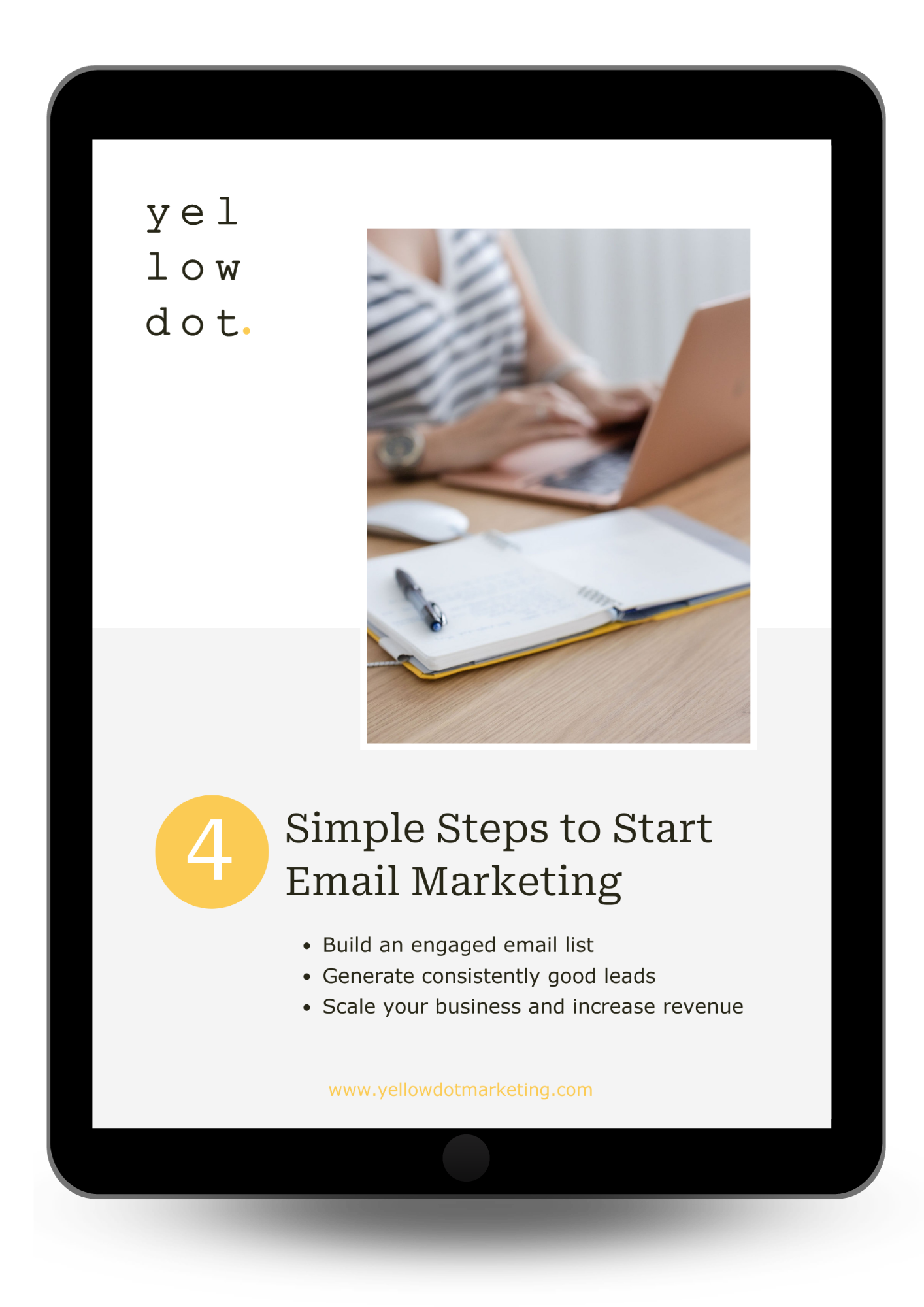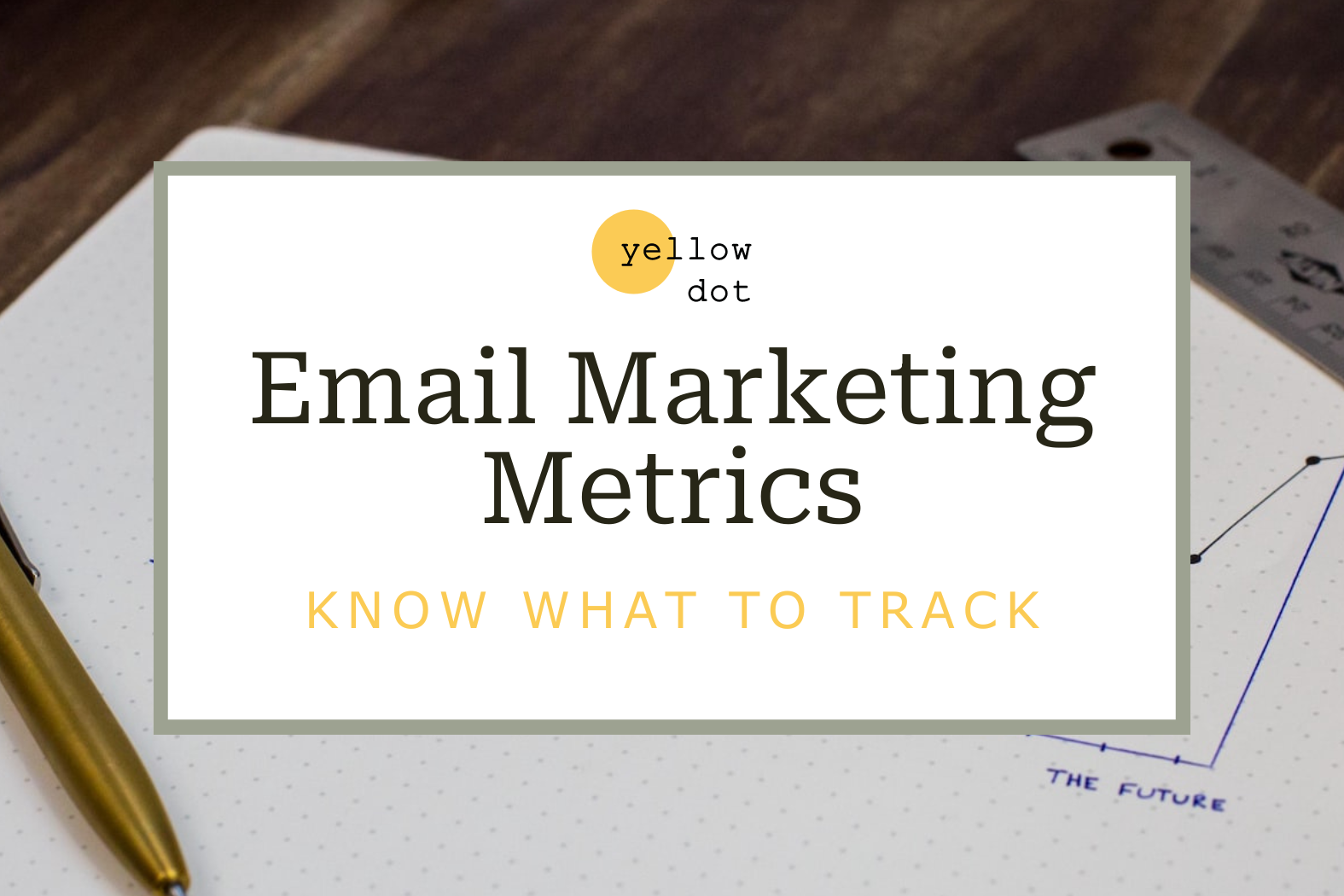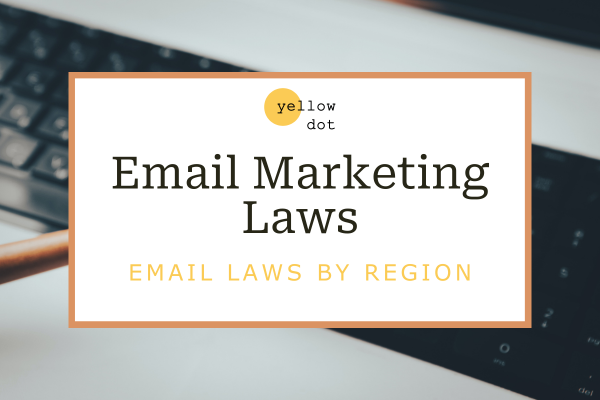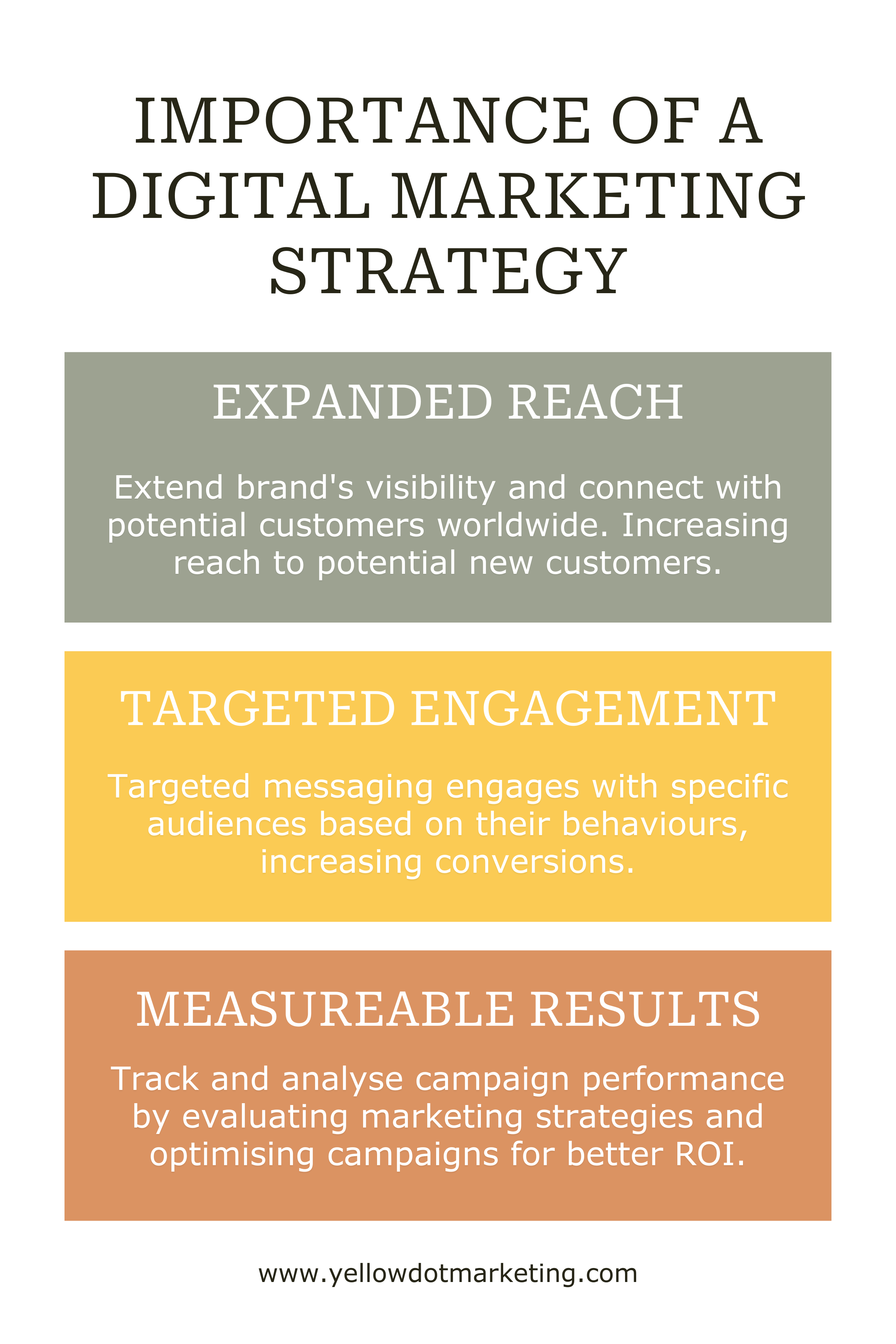In the fast-paced digital world, businesses need more than just marketing tactics to thrive. They require a well-crafted strategic marketing plan that ensures long-term success. But what is strategic marketing?
While individual tactics may yield short-term results, strategic marketing takes a broader approach, focusing on achieving business goals and sustained success. In this blog, we’ll explore the benefits of a strategic marketing plan and provide a step-by-step guide to creating a comprehensive plan. We’ll delve into digital marketing strategies and essential elements of a content plan within your strategic marketing framework and content strategy examples.
To gain a competitive edge, you need a plan. Discover the power of a strategic marketing plan and unlock the transformation your business needs.
What is Strategic Marketing?
Strategic marketing is a powerful approach that goes beyond individual marketing tactics and focuses on achieving long-term success for businesses. It involves developing a comprehensive plan that aligns all marketing efforts with the overarching business goals. It includes vital elements such as digital marketing strategy and content strategy.
At its core, strategic marketing is about taking a holistic view of your marketing activities and creating a roadmap that guides your business towards achieving its objectives. It requires a deep understanding of your target market, competitors, and the unique value proposition of your business. By considering the bigger picture and long-term vision, strategic marketing plays a vital role in steering your business towards sustainable growth.

The Benefits of Strategic Marketing
So, why is strategic marketing so crucial for achieving business goals? Here are some of the benefits that a well-thought-out marketing plan can give you:
1. Big Picture Synergy: Strategic marketing goes beyond individual marketing tactics. It takes a wider view and considers how all marketing efforts can work together in harmony. By adopting this comprehensive approach, you can develop a united and cohesive marketing plan that boosts the effectiveness of each tactic. This strengthens your brand message and ensures consistent results.
2. Long-Term Success: Unlike reactive or sporadic marketing efforts, strategic marketing emphasises sustained growth by setting clear objectives, understanding customer needs and anticipating market trends, which positions your business for long-term success. Strategic marketing enables you to navigate through a changing market with purpose and adapt your strategies to stay ahead of the competition.
3. Customer-Centric Approach: Strategic marketing places a strong emphasis on understanding your target audience. By understanding your target audience through market research, strategic marketing allows you to tailor your messages and offerings, increasing the effectiveness of your campaigns and fostering customer loyalty.
4. Competitive Advantage: In a crowded marketplace, having a strategic marketing plan gives you a competitive edge. By analysing the market landscape and your competitors’ strategies, you can differentiate your business and showcase your unique strengths, positioning your brand as distinct and desirable, attracting and retaining customers who resonate with your brand’s promise.
With a well-thought-out strategic marketing plan, you can navigate the dynamic market with purpose, adapt your strategies, and achieve remarkable success in reaching your business goals.
How to Create a Strategic Marketing Plan
Now that we’ve answered ‘what is strategic marketing’, the next step is to learn how to develop a comprehensive strategic marketing plan.
By following a step-by-step process, you can create a roadmap that aligns your marketing efforts and maximises your chances of success. Let’s explore the key steps involved in creating a strategic marketing plan:
1. Conduct Market Research and Identify Target Audience: Begin by conducting thorough market research to gain insights into your industry, target market, and customer preferences. Identify your ideal customer profile and understand their needs, pain points and behaviours. This information will serve as the foundation for your marketing strategy.
2. Set SMART Goals: Establish specific, measurable, attainable, relevant, and time-bound (SMART) goals for your strategic marketing plan. SMART goals provide clarity and focus, ensuring that your objectives are realistic and achievable. For example, you might aim to increase website traffic by 20% within six months or generate 100 qualified leads per month.
3. Analyse Competitors and Market Trends: Analyse your competitors to understand their strengths, weaknesses, and market positioning. Identify gaps and opportunities that you can leverage to differentiate your business. Additionally, stay updated on industry trends and changes to anticipate shifts in the market and adapt your strategies accordingly.
4. Craft a Unique Value Proposition: Develop a compelling and unique value proposition that sets your business apart from competitors. Clearly define what makes your products or services unique, and communicate this value proposition consistently across all marketing channels. Highlight the benefits and advantages that customers will gain by choosing your business.
5. Choose Appropriate Marketing Channels: Identify the marketing channels that will best reach your target audience and align with your goals. Consider a mix of online and offline channels, such as social media, content marketing, email marketing, SEO, paid advertising, events, and PR. Select channels that allow you to connect with your audience effectively and optimise your reach and engagement.
6. Allocate Resources Effectively: Determine the budget, time and resources required to execute your strategic marketing plan. Allocate resources effectively, ensuring that you have sufficient budget and manpower to implement your strategies. Consider outsourcing certain tasks or partnering with experts in specific areas, if necessary, to maximise efficiency and expertise. After all, you don’t have to do it alone when you can have it done for you.
7. Create a Timeline and Monitor Progress: Develop a timeline that outlines the specific activities and milestones for each marketing initiative. Set deadlines and monitor progress regularly to ensure that you stay on track. Track key performance indicators (KPIs) that align with your goals, such as website traffic, conversion rates, social media engagement, or customer acquisition cost.
A strategic marketing plan involves a systematic approach to aligning your marketing efforts with your business objectives. Remember to regularly evaluate and adapt your strategies based on the evolving needs of your target audience and market conditions.

Importance of a Digital Marketing Strategy
A digital marketing strategy involves the strategic use of various online platforms and tools to reach and engage with the target audience, promote products or services, build brand awareness, and drive conversions.
In today’s digital age, incorporating digital marketing strategy into your marketing plan is vital for business success. Leveraging digital channels allows you to reach a wider audience, engage with potential customers, and drive meaningful results.
Here are some benefits of exploring various digital marketing channels:

Expanded Reach
Digital marketing allows you to reach a vast online audience, extending your brand’s visibility and connecting with potential customers worldwide. This increases the chance of your products and services reaching more potential customers.

Targeted Engagement
Digital marketing enables personalised and targeted messaging, engaging with specific audiences based on their demographics, interests and behaviours. This helps create targeted campaigns that resonate with your audience, increasing the chances of conversion and fostering long-term customer relationships.

Measurable Results
One of the significant advantages of digital marketing is its ability to tap into analytics tools and platforms where you can track and analyse the performance of campaigns in real-time. This data-driven approach enables you to evaluate the effectiveness of your marketing strategies, optimise campaigns, and make informed decisions to drive better ROI.
Digital marketing channels carry such potential for opportunities and there are many digital marketing channels that you can incorporate into your strategic marketing plan.
For a more deep dive into digital marketing and how to utilise it for your business, check out my blog on the benefits of digital marketing.
Marketing Strategies and Examples
Effective marketing strategies are the driving force behind successful businesses. Here are some marketing strategies with examples to inspire and guide your own marketing efforts:
🟡 Social Media Marketing: Social media platforms have become powerful marketing channels for businesses of all sizes. With billions of active users, platforms like Facebook, Instagram, Twitter, and LinkedIn offer immense opportunities to connect with your target audience.
Example: The skincare brand Glossier has built a devoted following through their strategic use of social media, leveraging user-generated content, influencer partnerships, and interactive campaigns to engage their audience and create a sense of community.
🟡 Content Marketing: Content marketing revolves around creating and distributing valuable, informative, and entertaining content to attract and engage your target audience and to establish your brand as an industry thought leader.
Example: HubSpot, a leading marketing software company, has excelled in content marketing by offering a wealth of educational resources, including their blog, Academy courses and downloadable guides.
🟡 Email Marketing: Email marketing remains a highly effective strategy for nurturing leads, driving sales, and fostering customer relationships. By building an email subscriber list and delivering personalised and valuable content to subscribers, businesses can engage with their audience directly and promote products, discounts, events, and more.
Example: Airbnb utilises email marketing to perfection by sending personalised recommendations and offers to their subscribers based on their previous searches and bookings. This targeted approach keeps subscribers engaged, enhances the user experience, and drives bookings for their accommodation services.
🟡 Search Engine Optimization (SEO): SEO is the practice of optimising your website and content to rank higher in search engine results pages. This improves visibility and generates organic traffic.
Example: A notable example of effective SEO strategy is demonstrated by online retailer ASOS. Their SEO strategy, including high-quality content and strategic keyword targeting, results in top rankings for fashion-related searches, driving organic traffic and establishing their brand.
🟡 Influencer Marketing: Influencer marketing involves collaborating with individuals who have a significant following and influence within your target market. Collaborating with influential individuals allows businesses to reach their target market through trusted recommendations.
Example: Nike partners with professional athletes like Serena Williams and other successful athletes to leverage their credibility and expand their audience.
These marketing strategies with examples showcase the diverse approaches businesses can take to achieve their marketing goals. By adapting and tailoring these strategies to your specific industry and target audience, you can effectively reach, engage, and convert potential customers, driving the growth and success of your business.
Creating a Content Plan
Crafting an effective content plan is a crucial component of your strategic marketing framework. A well-designed content plan ensures that your messaging aligns with your business goals and resonates with your target audience.
Here are some of the key steps to create a successful content plan within your strategic marketing efforts:
1. Identifying Content Goals and Objectives: Start by defining clear content goals and objectives that support your overall marketing strategy. Determine what you aim to achieve with your content, whether it’s increasing brand awareness, driving website traffic, generating leads, or nurturing customer relationships. Aligning your content goals with your business objectives ensures that your efforts are focused and impactful.
2. Conducting Content Audits: Conduct a comprehensive content audit to assess the effectiveness of your existing content. Evaluate its performance, relevance, and alignment with your goals. Identify gaps and opportunities to improve or repurpose existing content. Additionally, analyse your competitors’ content strategies to gain insights and stay ahead of industry trends.
3. Understanding the Target Audience’s Preferences: Develop a deep understanding of your target audience’s preferences, needs, and pain points. Conduct market research, analyse customer data, and engage in audience segmentation. This information will guide your content creation process, allowing you to deliver valuable and relevant content that resonates with your audience. Consider their preferred content formats, topics of interest and preferred channels of consumption.
4. Developing a Content Calendar: A content calendar helps you organise and plan your content creation and distribution. It ensures consistency and allows for timely execution of your content strategy. Map out a schedule for content creation, publication and promotion. Incorporate key dates, events and industry trends relevant to your audience. A content calendar helps you stay organised, maintain a consistent presence and engage your audience effectively.
5. Leveraging Different Content Formats: Diversify your content formats to cater to different audience preferences and engage with a wider range of individuals. Consider utilising blog posts, videos, infographics, podcasts, webinars, social media posts and more. Each format offers unique opportunities to convey your message, showcase your expertise, and engage your audience in different ways. Experiment with various formats to determine what resonates most with your target audience.
6. Incorporating SEO Best Practices: Integrate search engine optimization (SEO) best practices into your content plan to improve visibility and organic reach. Conduct keyword research to identify relevant keywords and incorporate them strategically into your content. Optimise meta tags, headings and URLs. Create high-quality, valuable content that aligns with user search intent. By implementing SEO techniques, you increase the chances of your content ranking higher in search engine results, driving organic traffic to your website.
A content plan guides your marketing, so learning how to establish one is crucial. Remember to regularly review and refine your content strategy based on data insights and evolving audience preferences to ensure your content remains fresh, relevant and impactful.
Content Strategy Examples
Content strategy is an important addition to your overall strategic marketing plan. Here some content strategy examples that can guide you in utilising content strategy to your overall marketing plan:
1. Storytelling through Blog Posts, Articles, and Case Studies: Many businesses have harnessed the power of storytelling to connect with their audience on a deeper level. This builds trust, creates emotional connections, and demonstrates the value of their products or services.
2. Engaging Social Media Campaigns: Successful content strategies on social media often involve a combination of captivating visuals, engaging captions, and interactive elements such as contests, challenges, or user-generated content campaigns.
3. Educational Webinars and Video Tutorials: Educational content, delivered through webinars and video tutorials, has become increasingly popular for businesses aiming to position themselves as industry leaders and provide value to their audience.
4. Interactive Quizzes and Polls to Drive User Engagement: Interactive content, such as quizzes and polls, is a great way to captivate your audience’s attention and encourage active participation.
5. Email Marketing Campaigns that Provide Value and Foster Relationships: Email marketing continues to be a powerful tool for nurturing leads, retaining customers, and building strong relationships. Successful email marketing campaigns provide valuable content, exclusive offers, and personalised recommendations to subscribers.
These examples illustrate how businesses can implement content strategies to engage their audience, build brand loyalty, and drive results.
For a more in-depth coverage of content planning, you can check out my take on content pillars.

Conclusion
A strategic marketing plan plays a vital role in driving business growth and success. By going beyond individual marketing tactics, a well-crafted strategic plan provides a roadmap for long-term achievements.
TL/DR key takeaways:
🟡 You need a strategic marketing plan for your business
🟡 A comprehensive strategic marketing plan involves doing market research, setting SMART goals and creating a timeline
🟡 Digital marketing strategy is important in the overall marketing plan
🟡 A creative and engaging content plan is the backbone of your strategic marketing plan
It is crucial to recognise that a strategic marketing plan aligns your marketing efforts with your business goals, maximises resources, and helps you stay ahead of competitors. By implementing the strategies and techniques discussed in this article, you can establish a solid foundation for your business and unlock new opportunities for growth.
You can also download this free guide to help you get your email marketing started. This comprehensive resource, you can leverage the power of email marketing to engage your audience, nurture customer relationships and drive conversions.
Remember that all great successes start with a plan – so start planning your strategic marketing plan and watch your business grow!
4 Simple Steps to Start Email Marketing
Looking to start email marketing but no idea where to start?

Learn how to:
- Generate leads consistently
- Build an engaged mailing list
- Generate more revenue
But how do you get people onto your list?
Follow this 4 step guide to get started.

How to Build an Email List
Do you want to generate more leads for your business? Build an email list! Read more…

Email Marketing Metrics
An engaged email list can help grow your business, know what to measure. Read more…

Email Marketing Laws
Understand email marketing laws, avoid penalties, protect your reputation and build customer trust. Read more…

